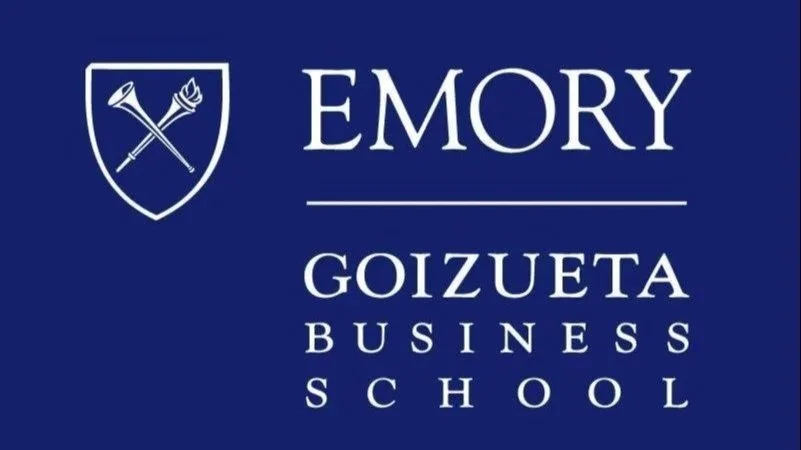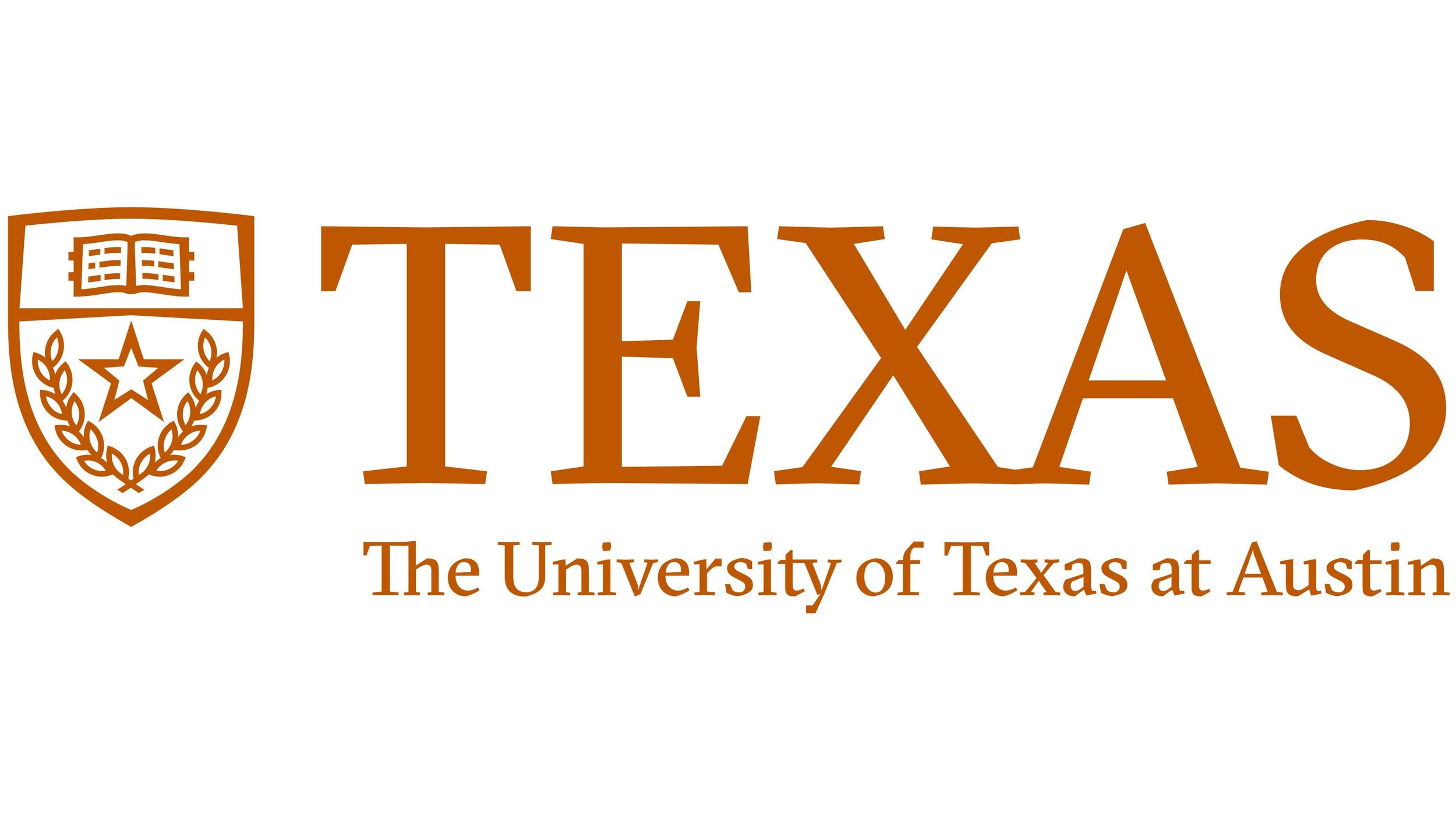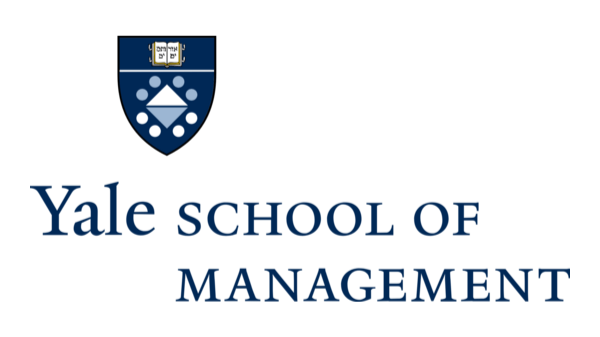
iTutorFinance.com
Where Better Grades Begin
Finance tutoring for undergraduate, graduate and executive MBA students
One-on-One personalized tutoring from an experienced finance executive to help you understand the important concepts of corporate finance and solve homework problems
Flexible schedule and fully-dedicated
944 hours tutored through December 2025

Mike Bryant
Corporate finance tutor with real-world finance and business experience. Creates a collaborative environment for students to understand the concepts of finance, solve homework problems, and ace exams.
Over nine hundred hours of tutoring finance and corporate finance
Undergraduate, graduate, and executive MBA students
Full-time tutor so I am solely focused on helping my students
Guest lecturer on corporate finance and strategy at the undergraduate and graduate level
English teacher while living in Austria
Learn more about Mike here

Financial Topics
I help students master the foundational concept that a dollar today is worth more than a dollar tomorrow. We work through present and future value calculations by discounting and compounding, focusing on building intuition and then diving into the math. I can show you the actual math formulas then how to use the excel functions (which are really just black boxes automating the mathematical formulas). I can also show you how to use the BAII Plus financial calculator. TVM is an important and foundational concept for all finance students because when you compare alternative projects or investments, you must compare dollars in the same time period.
Time Value of Money (TVM)
Capital Budgeting and NPV, IRR, and Payback Period
This is where finance meets strategy. I teach students how to evaluate investment projects using Net Present Value (NPV), Internal Rate of Return (IRR), and Payback Period, and how to interpret the results to support smart business decisions. I guide students step-by-step on how to forecast free cash flows, choose an appropriate discount rate given the risk, and calculate NPV.
The IRR provides you with an estimate of the return on your initial investment. An IRR is simply the rate at which you would discount future cash flows such that the present value of those cash flows equals the initial investment.
The Payback Period ignores the time value of money and simply tells you how long it takes to recoup the initial investment.
I will help you understand how to calculate all three and why the NPV is the preferred method for choosing the best alternative.
Cost of Capital / WACC
Students learn how to calculate the Weighted Average Cost of Capital and understand its role in investment decisions. I break down the components—cost of equity, cost of debt, and capital structure—to help students grasp both the math and the meaning behind the formula. Because investors require a return on their money invested in a firm, the firm in turn has a cost of that capital. The cost of debt is contractually stated so it is easy to determine for the firm. The cost of equity must be estimated because there is no explicit contract. We estimate the cost of equity through the Capital Asset Pricing Model (see below). A firm’s WACC can also be considered its hurdle rate because all investment projects must provide an IRR greater than WACC (and thus a positive NPV!)
Annuities and Perpetuities
Students often find these tricky at first, so I focus on helping them see the patterns. We practice calculating present and future values for both ordinary and growing annuities and perpetuities, and connect the math to real-world financial products like car loans and mortgages.
Capital Asset Pricing Model (CAPM)
CAPM is central to modern finance, yet it is often misunderstood. I simplify it by walking students through the assumptions, logic, and applications of the model. The model is used to estimate a firm’s cost of equity and to get there, we must understand the variable inputs: beta, risk-free rate, and the equity market risk premium (the difference of the market return from the risk-free rate). The cost of equity to the firm is simply an historical estimate of investors’ required return.
Capital Structure
We explore how companies fund themselves through debt and equity, and how this mix impacts firm value and risk. I help students analyze trade-offs (e.g., tax shield vs. bankruptcy costs) and understand how real companies make capital structure decisions.
Common Stock Valuation
I teach students how to value stocks using dividend discount models, free cash flow models, and relative valuation techniques (like P/E and EV/EBITDA). We work through both theory and practical applications using real-world data when possible. We discuss when to use DCF models and contrast it with a comparable multiple approach for valuation. Finally, I can help you understand the process to determine Free Cash Flows to the firm. Remember, “Cash is King” and accounting profits don’t provide the full picture as to the value of a company.
Bond Valuation
Bond pricing and yield calculations are straightforward, and most students can master the math but maybe don’t understand the concept of a bond. I help students understand the intuition behind bonds and then break it down step-by-step—calculating price, yield to maturity, duration, and understanding interest rate risk—so students can confidently analyze fixed income investments.
Financial Statement Analysis
I help students develop the skills to “read between the lines” of financial statements. We focus on ratio analysis, trends over time, and how financial metrics like ROE, profit margin, and asset turnover connect to valuation and performance. Using historical financial results are a great start for projecting future cash flows.
APR, EAR, Nominal & Real Interest Rates
Students learn the differences between nominal and effective rates and when to use each. We also explore inflation’s role in real returns and practice translating between APR and EAR using real-life examples like credit cards and loans.

Let’s Get Started!
Consultation
Free
Let’s meet on-line so we can discuss your goals, you can learn about my approach, and we can agree to a plan to help you build confidence in your financial knowledge and skills.
Corporate Finance Tutoring
$80/hr
Elevate your understanding of essential financial concepts, such as time value of money, stock and bond valuation, DCF, and cost of capital. Add tutoring to complement your group studies and you'll gain the knowledge and skills needed to excel in your business program.

Testimonials
“I have never felt more confident in the possibility of doing well in ALL my Executive MBA courses! I wish I signed up earlier in the term, and am now looking forward to learning the material. I have a super tutor”
Executive MBA student, Columbia Business School
"From the very first session, Mike demonstrated an exceptional level of expertise and passion for teaching. His ability to simplify complex concepts made learning not only easier but also enjoyable.”
Undergraduate Student, University of San Francisco
“So great working with Mike, he is a wealth of knowledge!”
Professional Sales Consultant
“Mike has helped my son tremendously with his college-level finance course. He is consistently prepared, thorough, and has a distinct ability to explain the material in a way that is easy to understand. I highly recommend Mike for his exceptional knowledge and skills as a Finance tutor!”
Undergraduate Student, University of Tennessee, Knoxville
“Mike is a patient and knowledgeable tutor for my MBA Financial Management course, I would recommend him to anyone.
MBA Student, Kelley School of Business, Indiana University
"Mike not only helped me learn capital budgeting and finance management but also made me love finance in general.”
Undergraduate Student, Walden University
"Mike has been nothing short of an exceptional tutor. His guidance and help with my credit analysis, financial modeling, and investment theory classes has been invaluable. He has simplified complex concepts that have enhanced my understanding and confidence in these areas. I have gotten all A’s in my classes.”
Undergraduate Student, Depaul University
“Mike was very helpful in my complicated corporate finance course in my MBA program. He is helping me improve my grade by explaining the concepts in a way I can understand them.”
MBA Student, University of Texas, Permian Basin
“Mike was an amazing tutor. He was able to walk through my course material and explain it in a way that made sense. I would not have passed my class without him.”
Undergraduate Student, University of Wisconsin, Whitewater
“Knowledgeable and patient tutor who simplifies complex problems and classes. Mike helped me get an A+ in my Finance class. He keeps students engaged and is passionate about teaching Finance. I hope I get to work with Mike again in the future. His unique teaching style and dedication make learning enjoyable and effective. I highly recommend working with Mike!”
Undergraduate Student, Depaul University

Represented Universities
































































